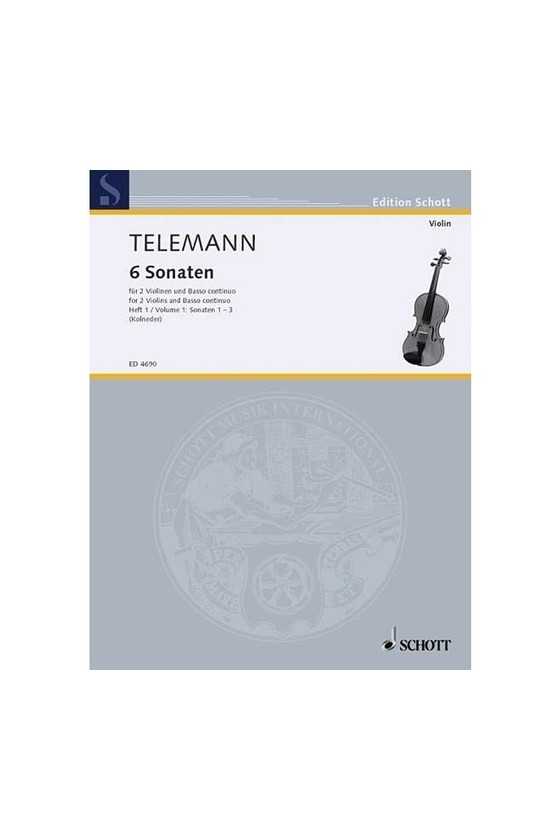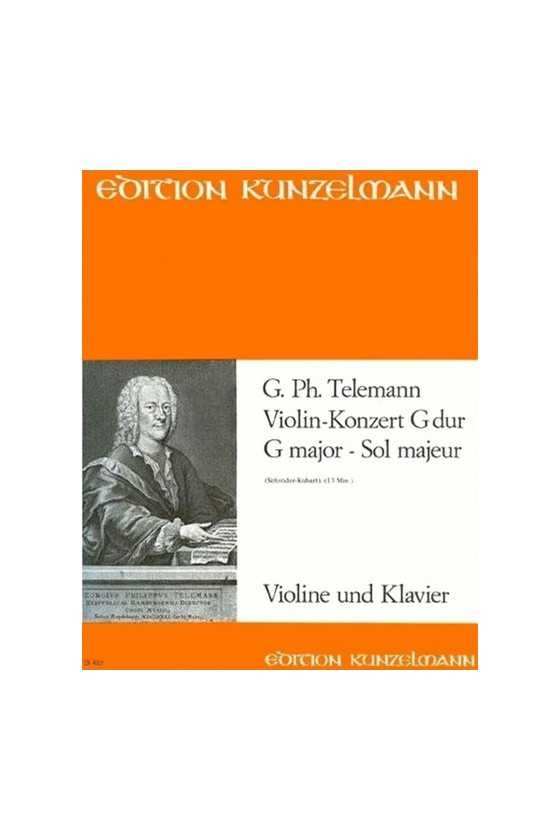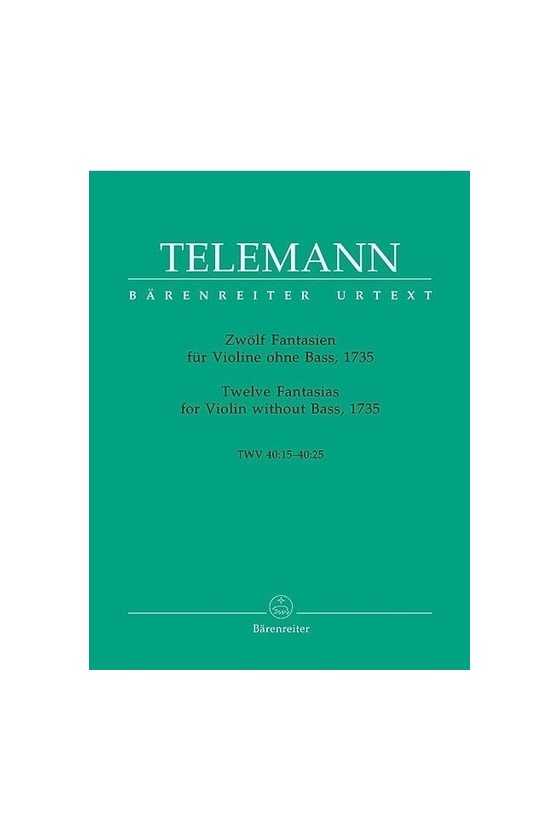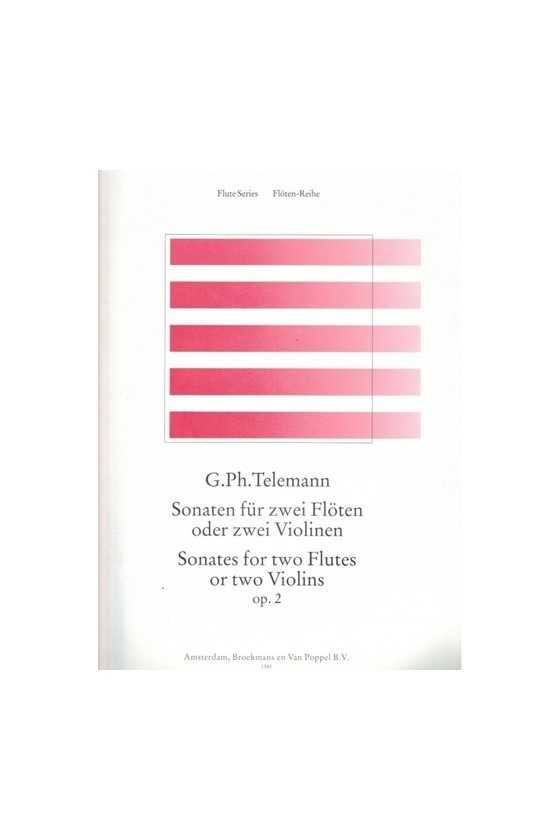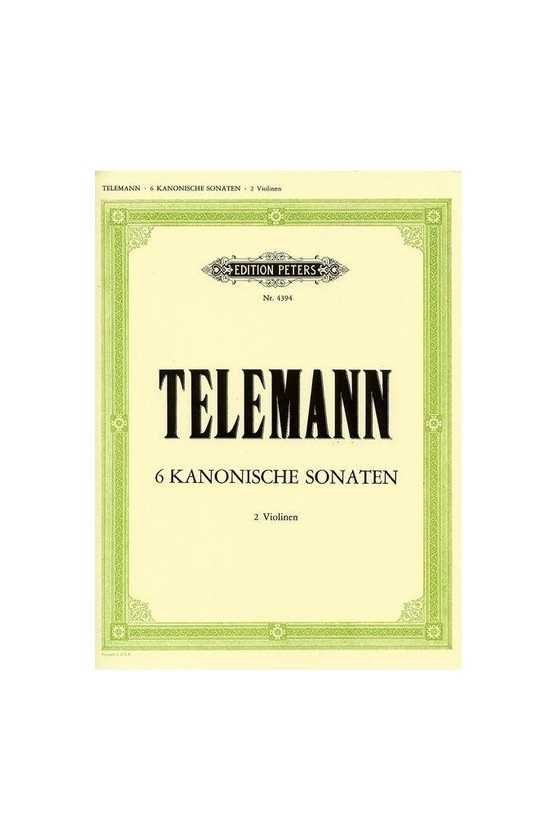Telemann, Georg Philipp
Georg Philipp Telemann, a renowned multi-instrumentalist and composer, left an indelible mark on the music world during the Baroque period. Born on March 24, 1681, in Germany, Telemann defied his family's wishes and pursued a career in composition, ultimately becoming one of the most prolific composers in history.
Early Life and Musical Beginnings
Telemann's musical journey began with humble origins. Despite his family's objections, he immersed himself in music, teaching himself various instruments and honing his compositional skills. After completing his studies in Magdeburg, Zellerfeld, and Hildesheim, Telemann pursued a law degree at the University of Leipzig. However, his passion for music prevailed, leading him to embark on a career that would reshape the musical landscape of Germany.
Rise to Prominence
Telemann's talent and dedication soon caught the attention of the musical community. He assumed the role of musical director in Hamburg's five main churches, showcasing his exceptional abilities as a composer and conductor. His reputation continued to soar as he held key positions in Leipzig, Sorau, Eisenach, and Frankfurt. Telemann's contemporaries regarded him as one of the leading German composers of his time, often favourably compared to his esteemed friends Johann Sebastian Bach and George Frideric Handel.
Musical Contributions and Versatility
Telemann's extensive work is a testament to his unrivalled creativity and musical prowess. His compositions encompass various genres and styles, incorporating influences from France, Italy, Germany, and even Polish popular music. Telemann's music seamlessly bridges the gap between late Baroque and early Classical forms, making him a pivotal figure in the evolution of musical styles.
Choral Music and Organ Compositions
Telemann's dedication to teaching and nurturing young musicians is evident in his compositions for organists. As part of his role, he produced a remarkable collection of chorale harmonizations consisting of 500 hymns. In addition to these harmonizations, Telemann composed 48 chorale preludes and 20 short fugues, known as modal fugues, to aid in the instruction of aspiring organists.
Orchestral and Chamber Music
Telemann's orchestral and chamber music compositions display his exceptional ability to blend various national styles. His works incorporate French, Italian, and German music elements, resulting in a distinctive and captivating musical language. Telemann's mastery of instrumentation is evident in his numerous concertos, suites, and sonatas, which continue to captivate audiences today.
Vocal Music and Operas
Telemann's vocal compositions, including cantatas and oratorios, showcase his profound understanding of the human voice. His works are characterized by expressive melodies and intricate harmonies, reflecting the emotional depth of the texts they accompany. Additionally, Telemann ventured into the realm of opera, composing several notable works that contributed to the development of German opera during the Baroque era.
Personal Life and Challenges
While Telemann's professional life flourished, his personal life was marred by adversity. Tragedy struck early on when his first wife passed away less than two years into their marriage. Furthermore, his second wife engaged in extramarital affairs and accumulated substantial gambling debts, which undoubtedly posed significant challenges for Telemann.
Legacy and Recognition
Georg Philipp Telemann's contributions to music continue to resonate in the modern era. His immense output of compositions, spanning various genres, showcases his unparalleled creativity and versatility. Today, Telemann is honoured at the Telemann Museum in Hamburg, a testament to his enduring legacy and the profound impact he had on the musical landscape.
Conclusion
Georg Philipp Telemann's journey from a self-taught musician to one of Germany's most revered composers exemplifies the power of passion and dedication. His ability to bridge musical styles and adapt to changing trends makes him pivotal in transitioning from Baroque to Classical music. Telemann's compositions inspire and captivate audiences, ensuring his enduring legacy as a craft master.
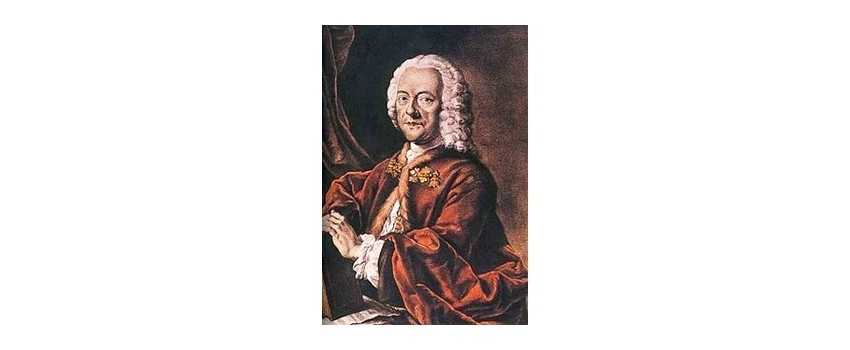
Telemann Concerto In G For Violin (Kunzelmann)
Telemann, Concerto in G for Violin (Kunzelmann)...
Telemann, Twelve Fantasia For Violin ( Barenreiter)
Telemann, Tweleve Fantasia for Violin without bass,1735

